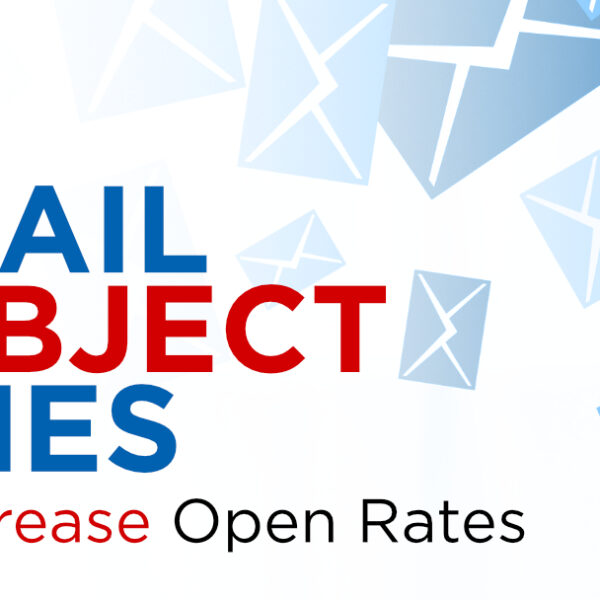
What Is Metadata And Why Is It Important For My Small Business Website?
As a small business owner, your focus can be pulled in so many directions when it comes to improving and sustaining your customer base and experience. When it comes to the efficacy of your website, attracting traffic, converting visitors into customers and a laundry list of other necessities, you’ll want to start with or keep your focus on what’s important. One essential aspect of website development that you may not be paying enough attention to is search engine optimization (SEO). Meaning, you need to make sure that your website has basic SEO metadata and is configured properly.
SEO metadata refers to the information that appears in the HTML code of your website and provides search engines (like Google and Bing) with information about the content of your site. Here are some essential SEO metadata that every small business website should have:
- Title Tags: These tags appear in the browser tab and provide a brief description of the page’s content. They should be concise and accurately reflect the content on the page.
- Meta Descriptions: These are brief summaries of the page’s content that appear in search engine results. They should be compelling and accurately represent what visitors can expect to find on the page.
- Header Tags: These tags organize the content on your page into different sections, making it easier for search engines to understand the hierarchy of information.
- Alt Tags: These tags describe the images on your website and provide valuable information to search engines that can’t “see” images.
So, why is it important to have these basic SEO metadata configured on your website?
- Improving visibility in search engine results: If your website has accurate and descriptive metadata, search engines will be more likely to show it to people who are searching for relevant keywords.
- Increasing click-through rates: When your website appears in search engine results, the metadata can influence whether someone clicks on your link. If your metadata is compelling and accurately represents your content, people are more likely to click through to your website.
- Enhancing user experience: By using header tags and providing alt tags for images, you are making your website more organized and easier to navigate for both visitors and search engines.
- Beating the competition: If your competitors are not optimizing their metadata, you can gain an advantage by doing so. You can appear higher in search engine results, attract more clicks, and ultimately win more customers.
As a small business owner, you must ensure that your organization’s website has the basic SEO Metadata configured. If you use WordPress as the platform for your website, you’re already in great position and may have several key elements available for simple configuration and input. We get questions all the time about what can be done to increase website traffic and improving search engine results, and these are some relatively easy things you can take quick action on or do yourself. You’ll improve the visibility in search engine results, increase click-through rates, enhance user experience, and be more competitive. There’s a whole lot more to do in SEO, and while it may seem overwhelming at first, implementing these details and descriptions is an easy and effective way to get started.
Check out our FREE slide deck on SEO Data & Strategy. You’ll even be able to download a PDF copy for free.








